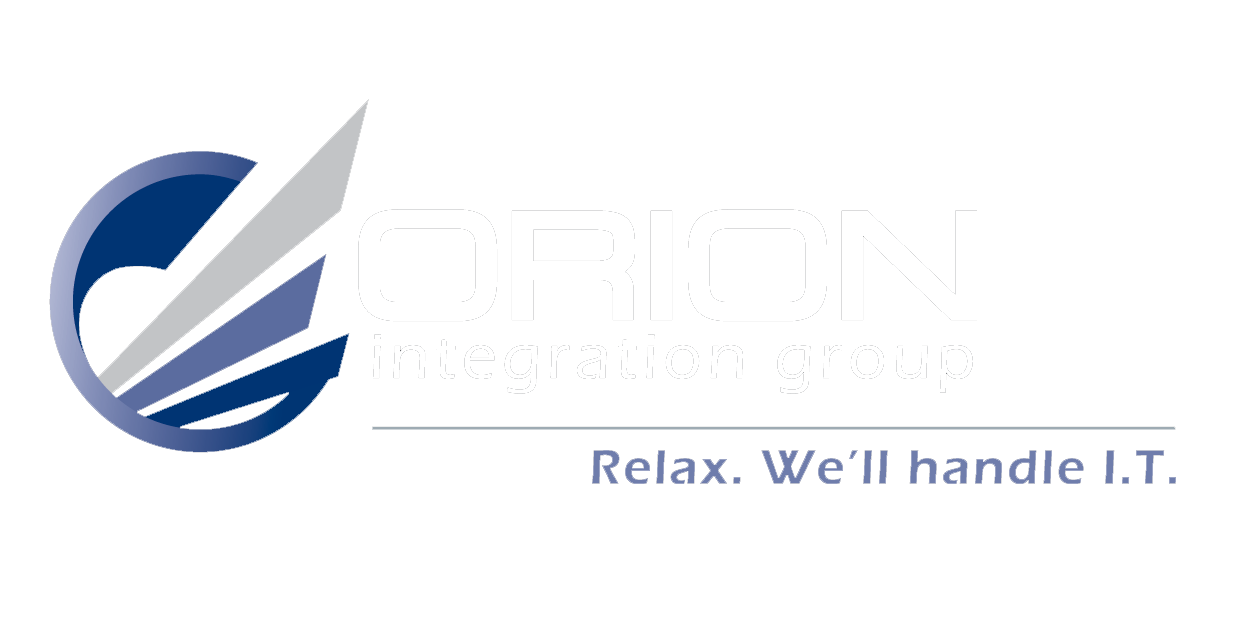Choosing the Right Managed IT Service for Your Business Growth
Choosing the Right Managed IT Service for Your Business Growth

In today's fast-paced business world, having a reliable IT infrastructure is more crucial than ever. For many businesses, the key to staying ahead in technology without breaking the bank lies in outsourcing their IT needs. A managed IT service can offer the expertise, tools, and support necessary to ensure smooth operations and cybersecurity. This approach not only helps in cutting down costs but also allows companies to focus on their core areas to foster growth. Selecting the right provider can be a daunting task, with the need to balance quality service against budget constraints.
Understanding Managed IT Services
Managed IT Services refer to the practice of outsourcing certain IT operations to dedicated professionals. These services are crucial for modern businesses as they ensure smooth technological operations, allowing companies to focus on core activities. Predominantly, Managed IT Services are split into two categories: On-demand and contract-based. On-demand services are tapped as needed without a fixed contract, while Contract-based services are offered under a long-term agreement, providing continuous support.
On-Demand Services: Pros and Cons
On-demand IT services offer flexibility, allowing businesses to seek expert help whenever issues arise without the need for a long-term commitment. This model can be particularly cost-effective for dealing with sporadic technical problems. Companies benefit from gaining instant access to a wide array of experts specialized in different IT fields. While this option may seem financially viable in the short term, it could lead to higher expenses over time due to the premium charged for immediate service. The lack of a lasting relationship with a service provider might result in less personalized attention and potentially slower response times during critical situations.
Contract-Based Services: A Strategic Choice
Contract-Based IT Services, on the other hand, are designed for businesses seeking a stable, long-term IT support structure. This approach comes with predictable pricing, which aids in financial planning and budgeting. Companies benefit from dedicated support tailored to their specific needs, with IT professionals actively working to prevent issues before they arise. This proactive problem-solving leads to fewer disruptions and more stable operations. Despite these advantages, some businesses perceive contract-based services as less flexible, with concerns about the upfront investment and contractual commitments. For those prioritizing reliability and a strategic approach to IT management, contract-based services are an invaluable resource.
Id navigating the managed IT service landscape, businesses need to weigh the pros and cons of on-demand versus contract-based services. Understanding the unique needs of your business, including financial considerations, the frequency of IT issues, and the importance of having personalized, proactive support, will guide you in choosing the most suitable model. Whether opting for the flexibility of on-demand services or the strategic benefits of a contract-based approach, the right choice can significantly enhance operational efficiency and contribute to business growth.
Making the Right Choice for Your Business
Deciding between on-demand or Contract-based Managed IT Services requires a nuanced understanding of your business's needs and IT requirements. Assessing the frequency of technological issues, the level of IT expertise within your team, and future growth plans enables companies to make informed decisions. Cost comparison also plays a crucial role; while on-demand services might seem less expensive upfront, Contract-based services can offer substantial long-term savings through proactive maintenance and fixed monthly fees.
Flexibility and scalability are paramount. Your selected IT service model should be able to adapt to your business's evolving needs. Therefore, evaluating how a service provider addresses scalability and flexibility can guide you toward a solution that grows alongside your company. Explore service quality and customer support by seeking references, examining reviews, and considering trial engagements. This due diligence guarantees that your chosen provider meets your expectations and requirements.
The Power of Long-Term Partnerships
Long-term partnerships with Managed IT Service providers unlock numerous benefits, the chief being the development of customized IT solutions tailored specifically to your business's operations and goals. These relationships foster an environment where your IT partner is deeply familiar with your infrastructure, enabling them to offer more effective, anticipative support.
Testimonials and case studies of successful engagements often highlight the transformative impact of such partnerships. Businesses report not just improvements in IT efficiency but also enhanced strategic insights that contribute to overall growth. Trust and communication are the bedrock of these relationships. Regular meetings, transparent reporting, and open channels for feedback ensure that both parties are aligned and can quickly adapt to new challenges or opportunities.
In essence, the choice between on-demand or contract-based Managed IT Services extends beyond a simple cost-benefit analysis. It's about considering the broader implications for your business, from operational flexibility and scalability to the strategic value of a true partnership with your IT provider. By systematically evaluating your business's unique requirements and prioritizing a collaborative approach, you can leverage managed IT services as a powerful driver for growth and innovation.
Finding the Right Fit: Local vs. National Providers
When it comes to choosing an IT service provider, the debate between local and national options is significant. For businesses in the Pacific Northwest, or indeed any region, considering a local IT service provider brings several benefits. Local providers often have a more profound understanding of the regional business climate and can offer more personalized, accessible service. They are embedded within the same economic and social fabric as their clients, which can translate into more tailored IT solutions that consider local market nuances. Local IT providers are potentially more agile, able to adapt quickly to the needs of their clients without the bureaucracy that can sometimes slow down larger, national firms. This agility can be crucial in resolving IT issues swiftly, minimizing downtime for your business.
National providers might bring broader experience, possibly across different industries and a more extensive suite of services. This is not to say one is invariably better than the other but highlights the importance of aligning a provider’s strengths with your business needs. When comparing local and national providers, consider factors like service quality, cost, accessibility, and how well they can scale services to match your growth. Engaging in discussions, obtaining quotes, and evaluating case studies from both local and national providers can provide a clearer picture of what each could bring to your business relationship.
Final Thoughts: IT Services as a Growth Lever
The choice between on-demand and Contract-based Managed IT Services, and between local and national providers, ultimately converges on a singular objective: leveraging IT as a lever for business growth. IT services, when tailored to the specific needs and goals of your business, can transform from a mere operational necessity into a catalyst for innovation and expansion. Businesses, especially in technologically vibrant regions like the Pacific Northwest, stand to gain significantly from a strategic approach to their IT needs. By choosing the right service model and provider, companies can ensure not just the stability and efficiency of their IT operations but also their ability to adapt and thrive amid evolving market demands.
In this landscape, managed IT services emerge not just as a support function but as a strategic partner capable of driving business success. Whether through the flexibility of on-demand services, the dedicated support of Contract-based solutions, or the personalized touch of a local provider, the right IT partnership can position businesses for sustained growth and competitive advantage.
Ready to elevate your business operations and drive growth through tailored IT solutions? Reach out to Orion Integration Group today and discover how our managed IT services can revolutionize your business efficiency and scalability.




